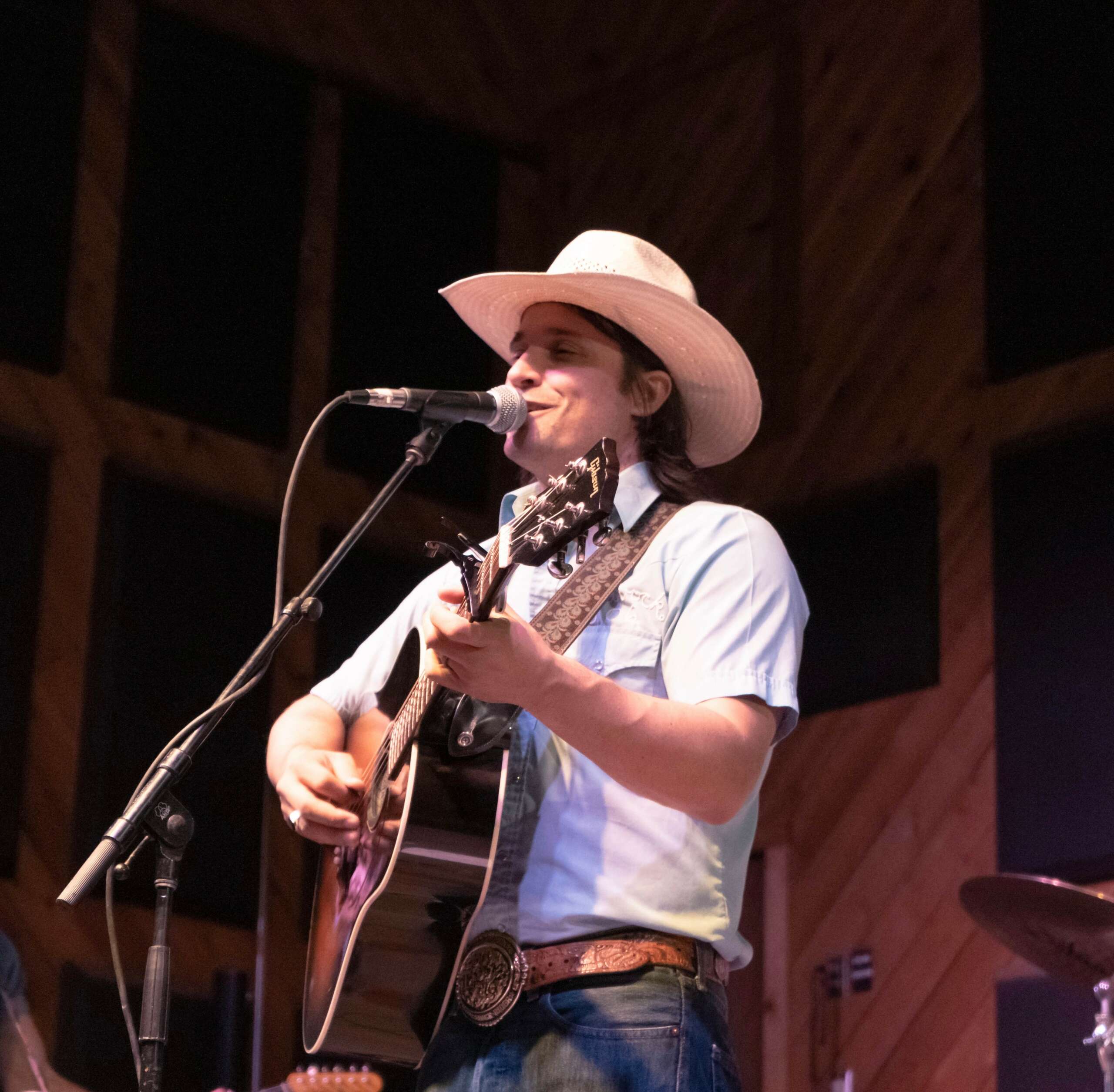We recently connected with Ross Cooper and have shared our conversation below.
Ross, thanks for joining us, excited to have you contributing your stories and insights. Can you talk to us about how you learned to do what you do?
I started writing songs at a really early age. Both of my parents had great musical taste and I grew up on west Texas standards like Joe Ely, and The Flatlanders, along with the obvious commercial contemporaries like George Strait, The Mavericks and ZZ Top. I cowrote my first song with my mother when I was 10. It was a simple little gospel song that she helped me write as I pecked keys on our family piano. But I’d say I’d really caught the bug when I was 13 or 14. By that time, I’d started learning to play guitar, and after learning enough chords to string together a progression, I grabbed a pen and it was off to the races. Musically, I’ve only wanted to be a songwriter. It truly was my first love. At this point I don’t know if it’s the thing that keeps me sane or makes me crazy, but it’s been the one constant in my life.
I wrote songs throughout high school and muscled through those first gigs. My songs were bad, and my voice wasn’t figured out yet. But each show and each song got a little better. In college, I played more consistently. I wrote incessantly. And my songs got a little better. I graduated college with the plan to cannonball into Nashville…I didn’t realize how much I needed to learn about writing songs, but I kept showing up and my songs were better for it.
After 11 years in Nashville, my goal for writing hasn’t changed. I just want to be better. Used to, when I’d get stuck on songs, it would fill me with anxiety…like trying to assemble a 1000 piece puzzle and not even knowing what the picture was supposed to look like. Now, I enjoy those challenging songs. Working through story. Whether the song ends up being good or bad is sometimes irrelevant. I love the process of the craft; creating something that didn’t exist before that is uniquely my own.
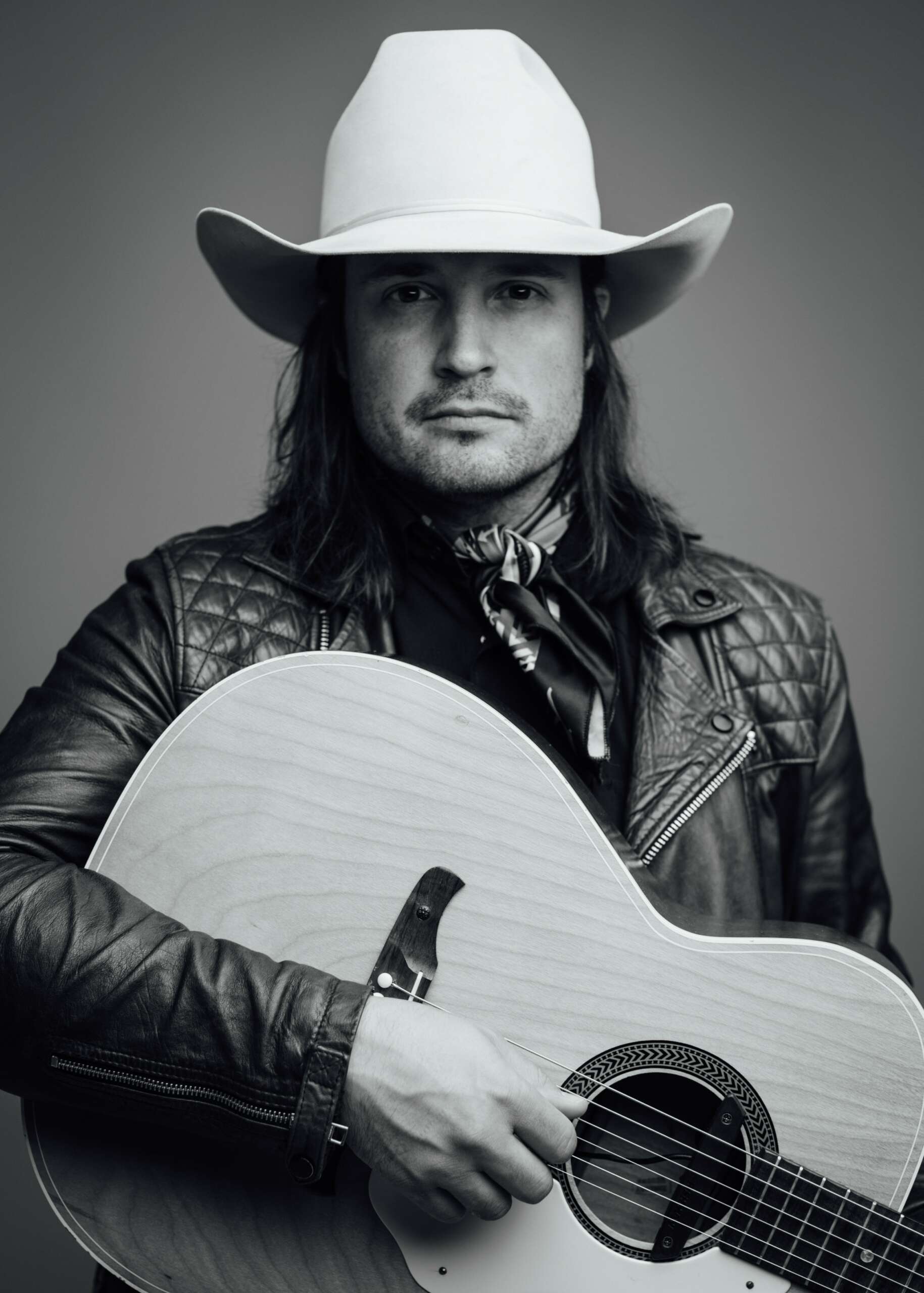
Ross, before we move on to more of these sorts of questions, can you take some time to bring our readers up to speed on you and what you do?
I’m from Lubbock, TX. I was born into a rodeo family. My dad rode Saddle-Bronc (bucking horses), and my mom was a barrel racer and a former Miss Rodeo Texas, so naturally my brother and I took up the reins. I was a professional Bareback rider and my brother rode Saddle-Bronc. We weren’t really a musical family, but my mom is a great pianist and our interests were always encouraged whatever they might’ve been.
When I started taking interest in music, my folks were really supportive. I started taking piano lessons when I was around 9, and guitar around 12 or 13. Throughout high school, my life was rodeo and music. That was it. It was all I wanted to do. But oddly enough, most of my rodeo buddies didn’t know that I played music and vice versa. For whatever reason, it felt like two different worlds.
After college I decided to move to Nashville to pursue music full-time, ending my rodeo career. But it took that decision to finally marry my two worlds. It was like I could all the sudden zoom out and start writing about my life and experiences without just trying to write cowboy songs that emulated Chris Ledoux or Red Steagall. Those guys are heroes, but I’ve always tried to write from a perspective. That is the thing that makes us unique. Chris Ledoux songs are great and sound the way they do, because they come from him. His life. If I’m most proud of anything, it’s that. To have learned how to write a song that feels authentic to me.
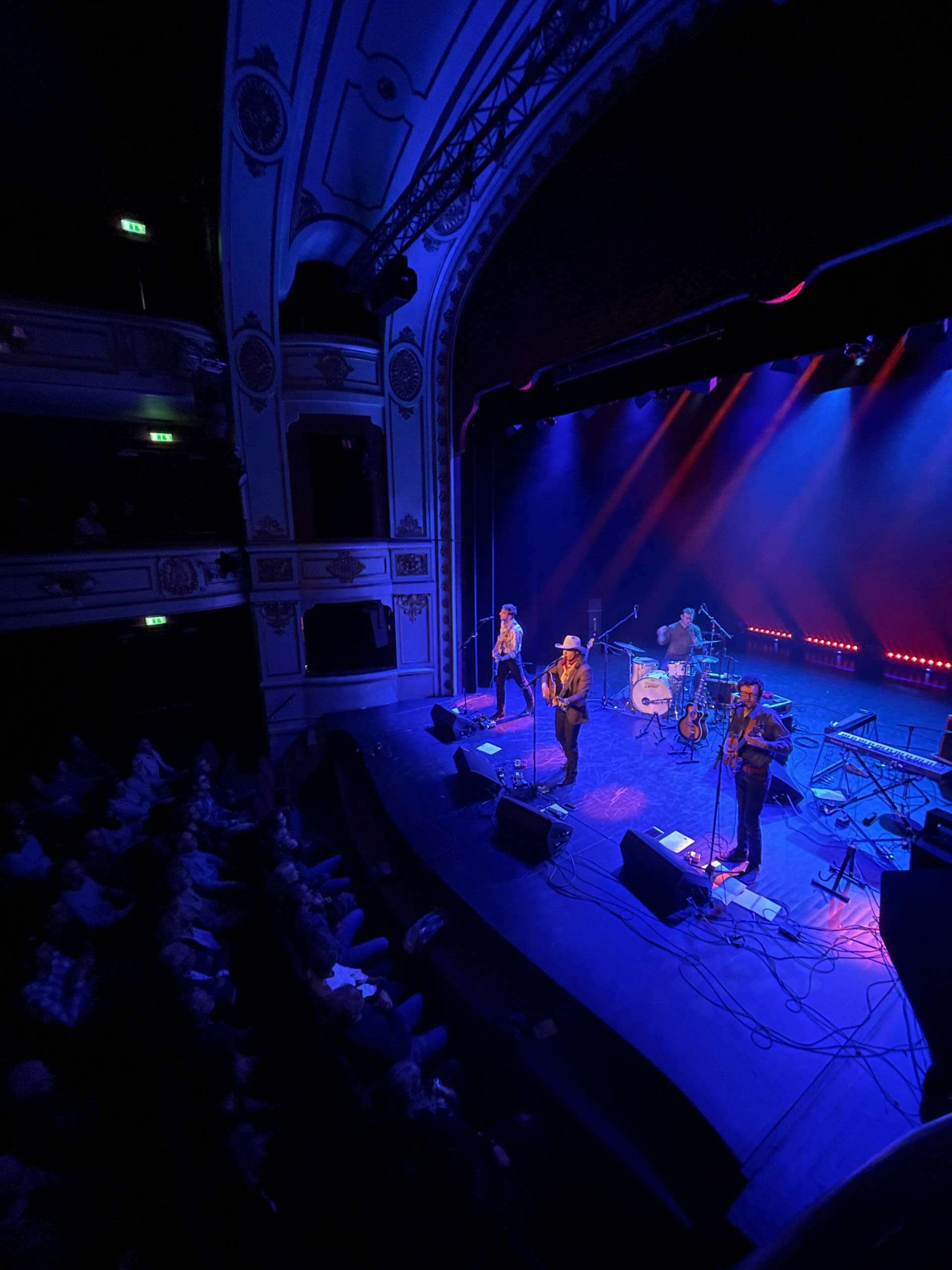
In your view, what can society to do to best support artists, creatives and a thriving creative ecosystem?
If you’re a fan of an artist, be an active fan. Support the things you like. Buy the album. Buy the shirt. But at the very least, spread the word. If you go to a show that you enjoyed, go to the merch table and tell the band or artist…odds are they are going to be hanging out around there and trust me, they want to hear it. The road is so difficult, and most bands are not cruising around in buses. Most of the time, it’s van-and-trailer life, and when you’re a thousand miles away from home, a warm smile and a kind word really goes a long way.
Don’t wait until an artists catches fire to be a fan. Like what you like regardless of the fanbase or lack thereof that an artist does or doesn’t have. Artists, musicians, and music are often the most loved and least rewarded. There are plenty of artists with huge fan bases that are still barely scraping by. So when that band comes to town, go to the show, buy the shirt, and then tell all your friends about it…it really makes all the difference.
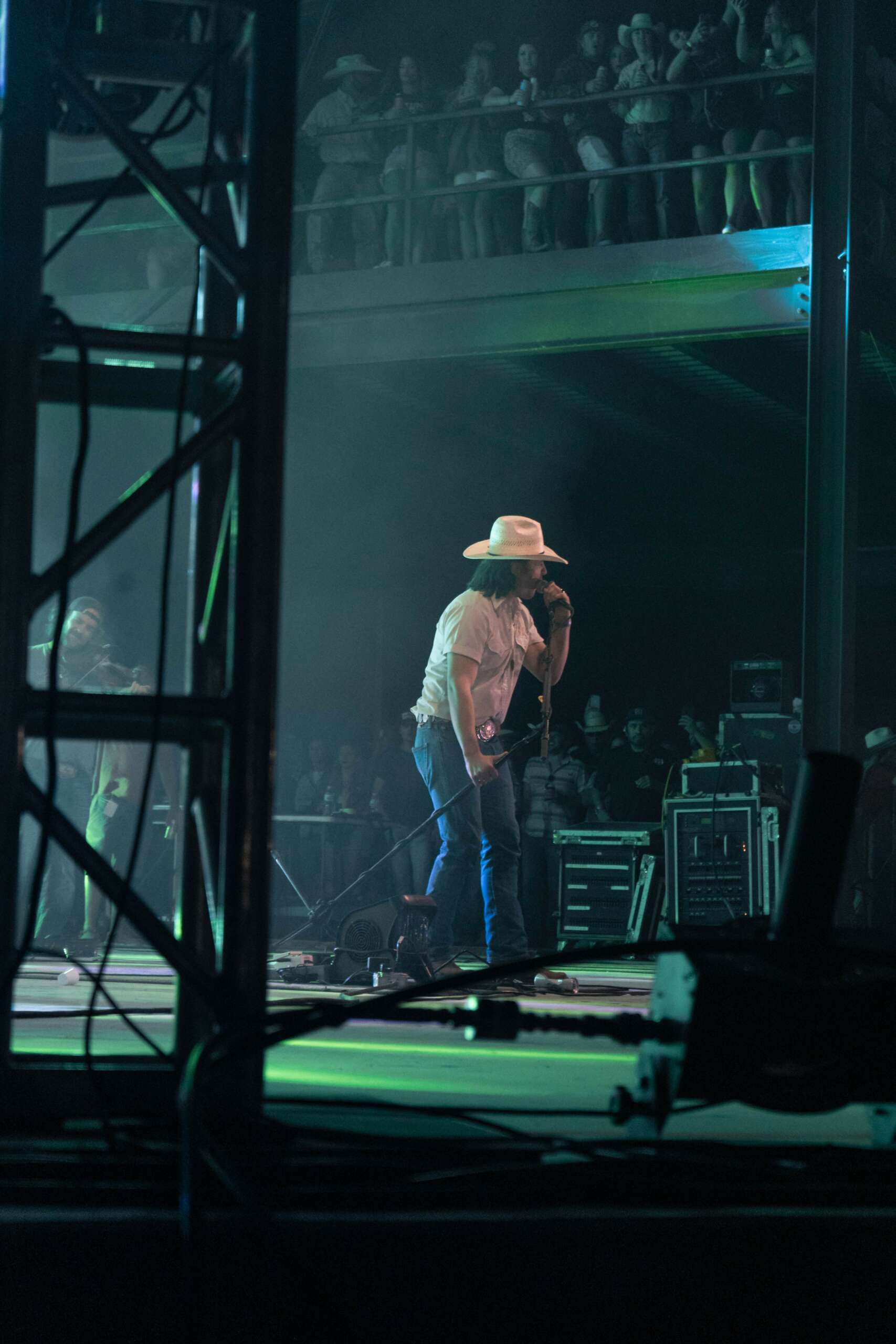
What do you think is the goal or mission that drives your creative journey?
Goals change. My over-arching goal with songwriting has always been to get better and better. Keep learning, and write better songs than I did the day before. The issue with setting goals in the music industry, is that I feel like most artists, myself included, keep moving the goal posts. “I’ll be successful if/when I play the Ryman Auditorium”…but what happens after? What happens if I don’t reach that goal? I’ll set another goal to chase and my metric of happiness will be dependent on something I can’t always control. I’ve had to learn to celebrate every victory no matter how big or small. Take it all in.
My more recent goal is to be happy regardless of what my music career is doing. To be thankful that I get to pursue this career. I want to support a family through music. I want to be a great husband. I want to be an awesome dad when that time comes. Of course I want to play the Grand Ole Opry, I’d love to win a Grammy someday, and I want ten thousand people to show up to every show I play. I hope all of those things are by-products of that original goal: to be the best version of myself that I can be.
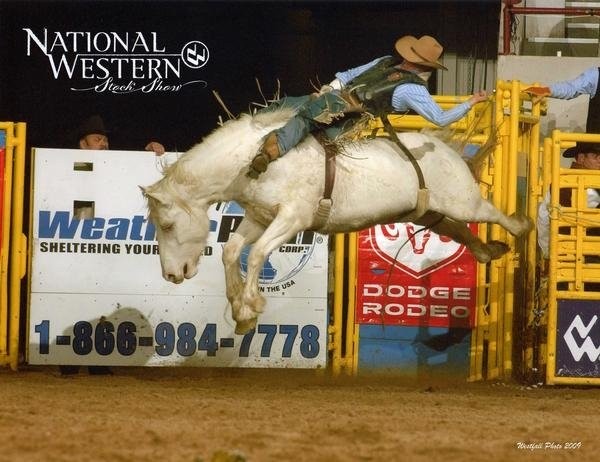
Contact Info:
- Website: www.ross-cooper.com
- Instagram: instagram.com/rossgcooper
- Facebook: https://www.facebook.com/RossCooperMusic/
- Twitter: twitter.com/rosscoopermusic
- Youtube: https://www.youtube.com/therosscooper
Image Credits
Sam Wiseman Aubrey Wise Greg Westfall


